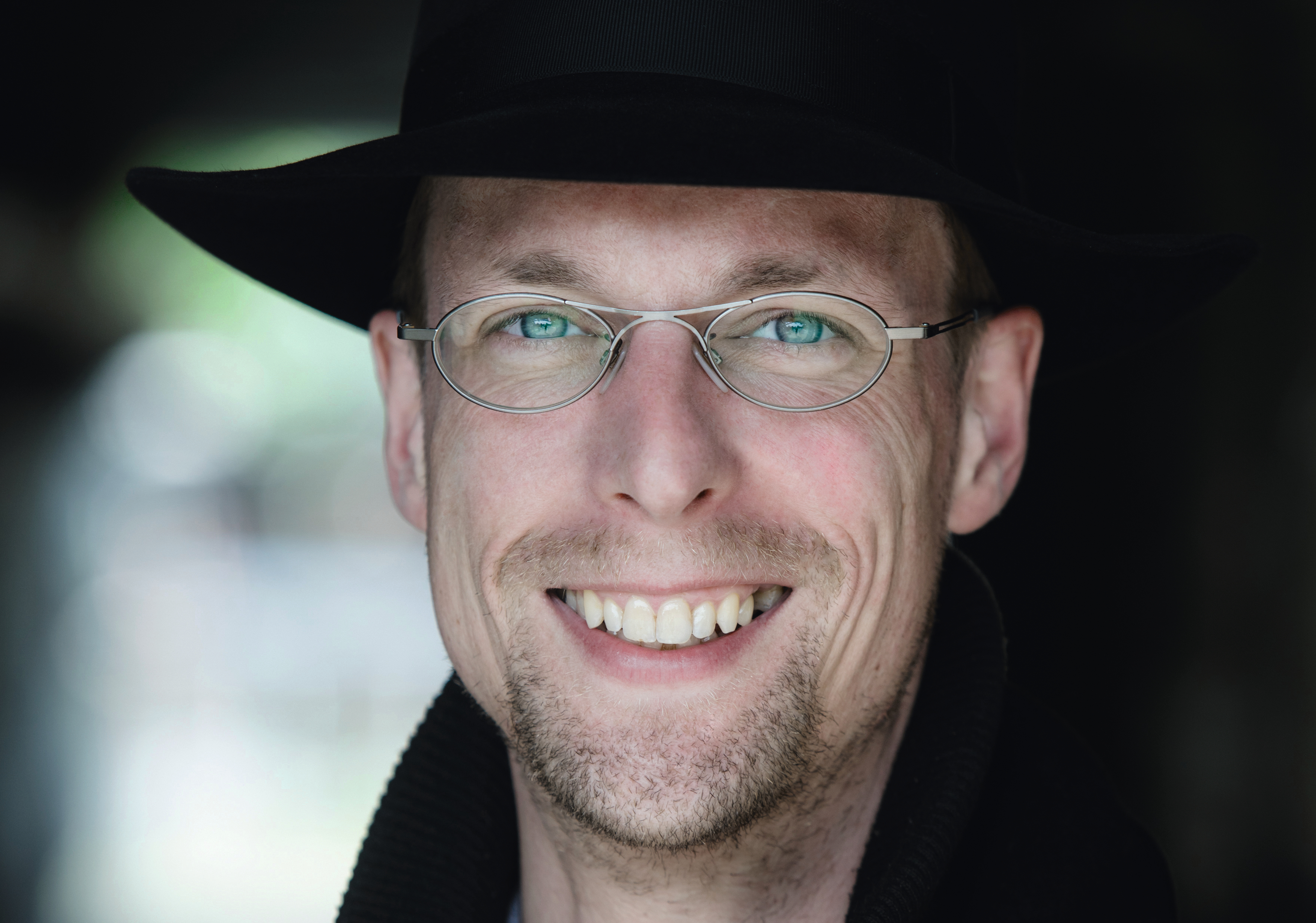
2 parts by 45 minutes
Рrogramme:
Jörn Boysen’s version
(for the frist time in Moscow)
Bach. “Passions of Mark”
Conductor – Jörn Boysen (Germany)
Soloists:
Dilyara Idrisova, soprano
Polina Shamaeva, mezzo-soprano
Benjamin Glaubitz, tenor
Julian Redlin, bass-bariton
At least ten times Bach has worked in a genre of “passions”. Different versions of St John, St Matthew, and St Mark “Passions” were written by him. He also wrote arias for anonymous “St Luke Passions”. The score for “St Mark Passions”, but the large part of the music has survived – as part of other Bach’s oeuvres, such as “Trauer Ode” (BWV 198) or Cantata BWV 54. The libretto written by a prominent Leipzig poet Picander survived, too. In other words, there are many interesting and attractive materials and sources, so some efforts to restore “St Mark Passions” have been constantly undertaken since 1960’s.
In 2010, harpsichordist and conductor Jörn Boysen made a new version utilizing choruses and arias from BWV 198 and an aria from BWV 54. He composed all missing recitatives, turba choirs and one aria. This version has been performed in the Netherlands and Germany in 2011 and 2012.
Actually, everyone who tries to reconstruct this “Passion” meet at least one great challenge: recitative. The recitatives are gone for good, so they should be either taken from other works, or even newly written. For his version of “St Mark Passions” – made by the request of Musica Antica da Camera Foundation – chose the latter way of dealing with the problem, for a baroque composer wouldn’t have transferred a recitative from one work to another. There was no way of working like that in those times. In an interview with “Igrayem S Nachala” (“Da capo al fine”) music newspaper, he noticed that “nobody really knows how to write baroque recitatives. I’ve read a lot about the methods of its composition, as well as about rhetoric, philosophy, and esthetics, even an eighteens century cook book may help to do the work! It’s important to get into the epoch, to start thinking and speaking as a baroque person, and to finally become ‘a baroque composer’.” He’s still proud to see that his work has following. Prominent soloists, as well Pratum Integrum and vocal ensemble Intrada take part in Moscow’s premiere.

